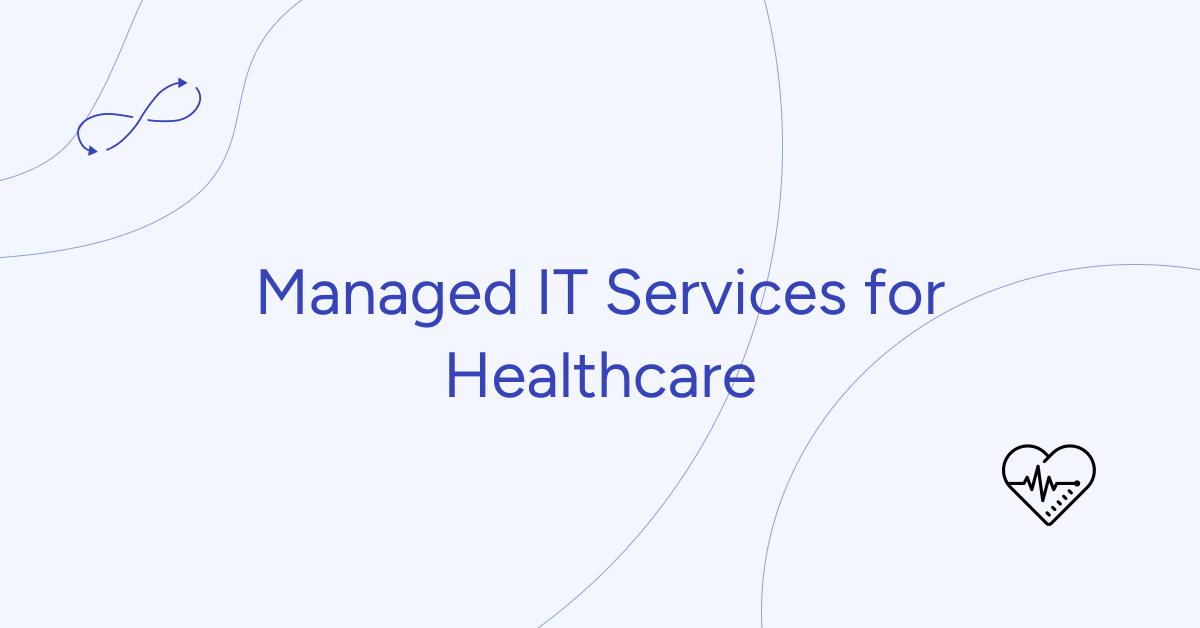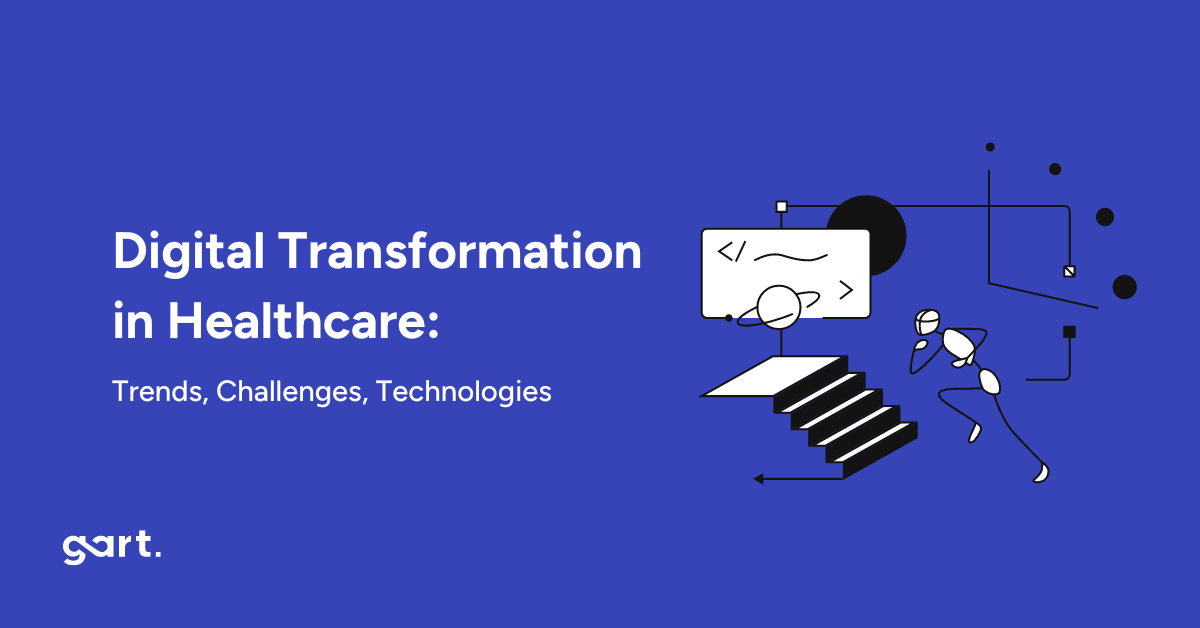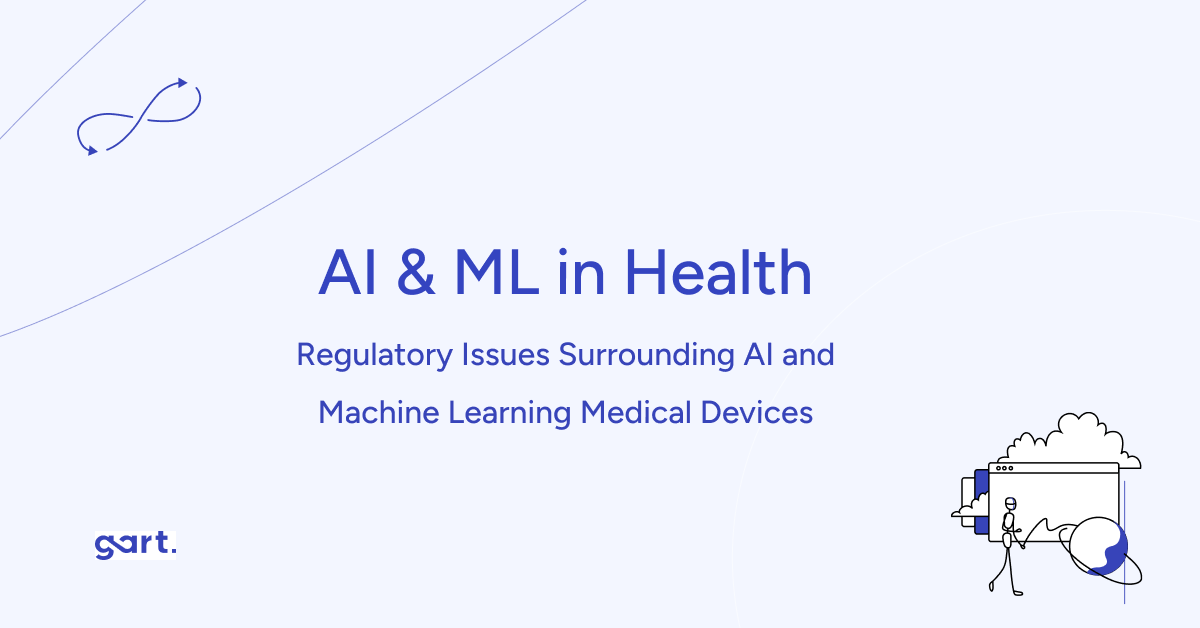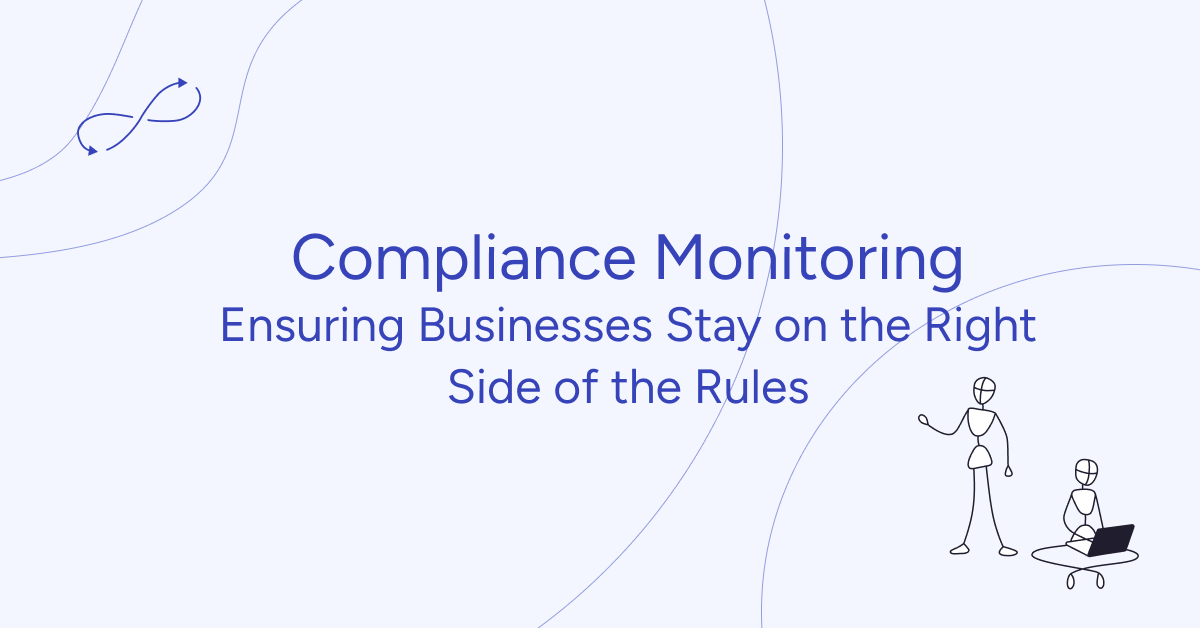- What Are Managed IT Services?
- Why Are Managed IT Services Vital in Healthcare?
- Benefits of Managed IT Services in Healthcare
- Components of Managed IT Services for Healthcare
- Managed IT Services vs. Break-Fix Model
- How to Choose a Managed IT Service Provider
- Conclusion
- 5 Key Takeaways for Healthcare Providers Considering Managed IT Services
Unlike other sectors, healthcare directly impacts lives. This necessitates rigorous vetting and careful implementation of any new technology. Technology plays a pivotal role in enhancing patient care, streamlining operations, and ensuring compliance with stringent regulations.
What are managed IT services in healthcare?
Managed IT services in healthcare involve outsourcing critical IT tasks, such as network management, cybersecurity, compliance, and data support, to a specialized provider (MSP). This ensures healthcare organizations stay secure, efficient, and regulatory-compliant while focusing on patient care.
Managed IT services have emerged as a cornerstone for healthcare providers, offering a proactive, reliable, and cost-effective solution to manage their complex IT needs.
What Are Managed IT Services?
Managed IT services refer to outsourcing IT management and support to a specialized provider, known as an MSP. These providers handle a wide array of responsibilities, such as:
- Network and infrastructure management
- Cybersecurity and threat detection
- Software updates and patching
- Data backups and compliance tracking
For healthcare, MSPs specifically ensure uptime, secure handling of patient data, and seamless operation of critical systems like EHRs and diagnostic tools.
Why Are Managed IT Services Vital in Healthcare?
Unlike other sectors, healthcare directly impacts lives, so any new technology must be rigorously vetted and carefully deployed. Managed IT services offer a proactive, reliable, and cost-effective solution designed to support the complex IT needs of healthcare providers.
1. Complex IT Ecosystem
Healthcare facilities use diverse systems, including:
- Electronic Health Records (EHRs): Platforms like Epic, Cerner, or Allscripts.
- Patient Management Systems (PMS): Software to schedule appointments, manage billing, and track patient interactions.
- Diagnostic Tools: Imaging systems and laboratory software integrated into clinical workflows.
Managing these interconnected systems requires expertise, regular updates, and constant monitoring to ensure smooth operations.
Managing IT infrastructure can be daunting. Gart Solutions optimizes systems to ensure seamless access to patient records, scheduling tools, and other critical applications. This minimizes downtime, allowing healthcare professionals to focus on what truly matters: delivering exceptional care.
2. Stringent Compliance Requirements
Healthcare providers are bound by regulations such as:
- HIPAA (Health Insurance Portability and Accountability Act): Protecting patient information.
- GDPR (General Data Protection Regulation): For global organizations handling EU citizen data.
- HITECH (Health Information Technology for Economic and Clinical Health Act): Encouraging secure digital record systems.
An MSP ensures systems are compliant with these laws, avoiding costly penalties and breaches.
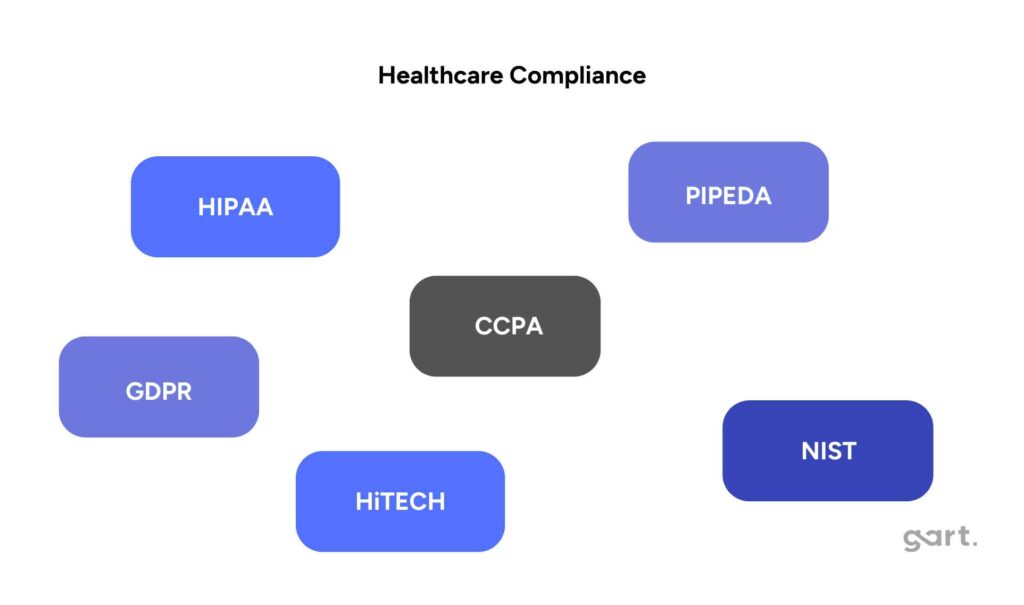
3. Cybersecurity Challenges
Healthcare is one of the most targeted industries for cyberattacks. MSPs provide:
- Data encryption and secure access: Protecting sensitive patient data.
- Continuous monitoring: Identifying and mitigating threats in real-time.
- Backup and disaster recovery: Ensuring data availability even during outages or ransomware attacks.
Healthcare providers handle sensitive patient information daily. Gart Solutions ensures this data is safeguarded with robust security protocols, maintaining HIPAA compliance. These measures build trust with patients by protecting their privacy and preventing breaches.

Benefits of Managed IT Services in Healthcare
1. Proactive Maintenance
Continuous network monitoring and scheduled updates prevent issues before they impact staff or patients.
- Continuous monitoring prevents issues before they disrupt operations.
- Regular software updates ensure compatibility and security.
Fixed monthly fees reduce budget surprises. Leasing hardware and tailored service plans optimize costs.
High IT costs can strain budgets. Gart Solutions helps mitigate this by offering leasing options and tailored services that reduce hardware expenditures while maintaining high-quality IT support.
- Simplifies budgeting by avoiding unexpected expenses.
- Ensures critical systems are always operational, saving revenue and protecting patient care.
3. Scalability
Services expand or contract as practices grow, from solo clinics to multi-location facilities.
As healthcare practices expand, their IT needs evolve. MSPs can scale services as practices grow, from single practitioners to multi-location facilities.
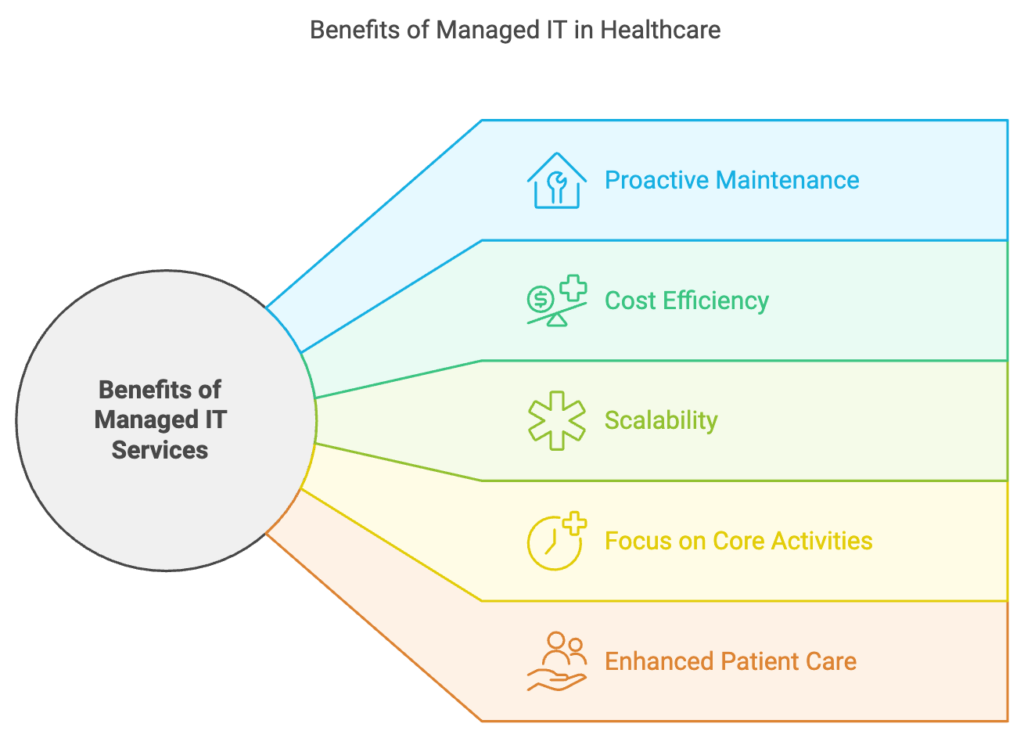
Gart Solutions provides flexible and scalable solutions to support growth, ensuring technology keeps pace with increasing demands without compromising efficiency.
4. Focus on Core Activities
By outsourcing IT management, healthcare providers can concentrate on patient care rather than troubleshooting technical issues.
5. Enhanced Patient Care
Reliable IT systems reduce wait times, improve diagnostic workflow, and enable better provider–patient communication.
6. Cybersecurity & Compliance
Healthcare is a prime target for cyberattacks. MSPs deliver encryption, 24/7 monitoring, disaster recovery, and ensure HIPAA, GDPR, and HITECH compliance.
Components of Managed IT Services for Healthcare
Data Security
Healthcare organizations face mounting challenges in protecting sensitive patient information from cyberattacks.
Many organizations mistakenly treat security as an afterthought, prioritizing functionality over safety. This approach is akin to building a boat and waterproofing it later—a strategy destined to fail. Another common misconception is over-reliance on third-party services, such as cloud providers, without addressing internal vulnerabilities.
Actionable Strategies for Enhanced Security
- Embed Security from Day One:
Organizations must design systems with security as a foundational element rather than an add-on. - Educate and Empower Teams:
Conduct regular training sessions to ensure all team members understand their roles in maintaining security. - Automate Security Processes:
Implement CI/CD pipelines integrated with testing tools to identify vulnerabilities with every code update. - Use Advanced Detection Systems:
Leverage intrusion detection and prevention tools to monitor and flag suspicious activities. - Exceed Regulatory Standards:
Compliance with standards like HIPAA is essential but represents the bare minimum. Organizations should proactively identify and address risks beyond what regulations require.
System Integration
- Seamless integration of EHRs, PMS, and diagnostic tools.
- Maintains interoperability between diverse systems.
Cloud Services
- Use secure cloud infrastructure for data access and telehealth delivery
- Meet HIPAA and GDPR standards with data placement and encryption
Compliance Management
- Monitor regulatory updates
- Provide documentation and audit readiness
- Support HITECH and global compliance frameworks
Managed IT Services vs. Break-Fix Model
| Aspect | Break-Fix Model | Managed IT Services |
| Approach | Reactive: Fixes issues as they arise. | Proactive: Prevents issues before they occur. |
| Cost | Unpredictable, pay-per-issue. | Fixed monthly fees. |
| Support | Limited to immediate problems. | Comprehensive, ongoing management. |
| Downtime | High due to lack of monitoring. | Minimal, thanks to proactive care. |
How to Choose a Managed IT Service Provider
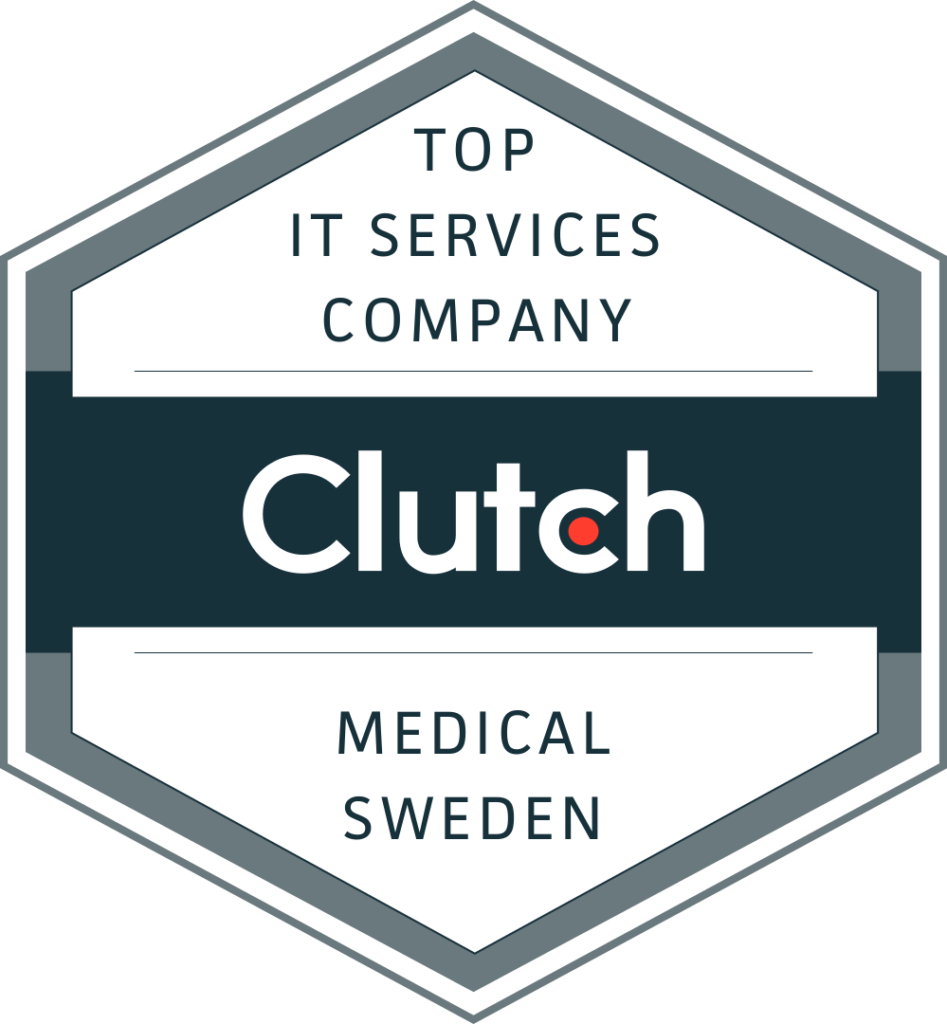
To choose the best Managed IT Service Provider for your healthcare product, you should pay attention to several key factors.
1. Experience in Healthcare
Ensure the MSP understands the specific needs and regulations of the healthcare industry.
2. Proven Track Record
Look for client testimonials, case studies, and certifications like HIPAA compliance expertise. At Gart, our 5-star reviews and client testimonials reflect our commitment to excellence and our proven track record in the healthcare sector. Take a look at Clutch.
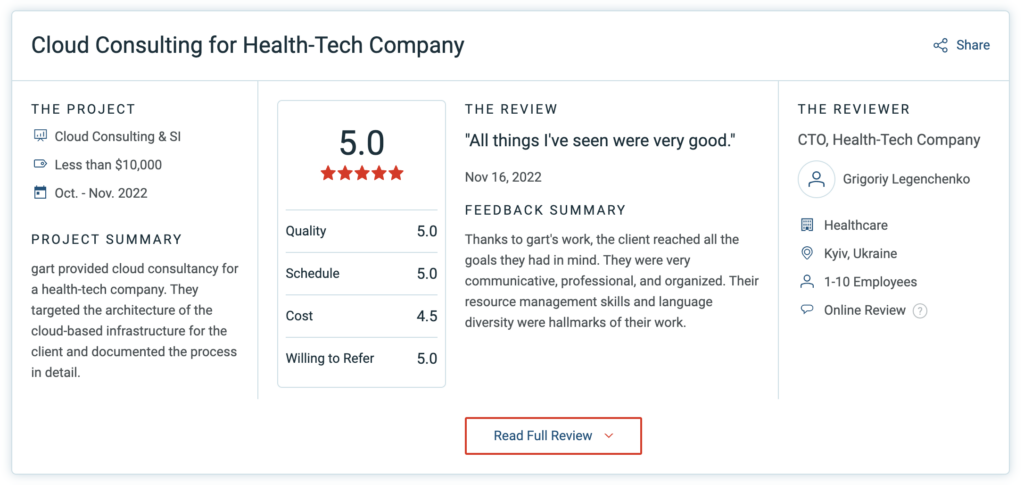
3. Scalability
Choose a provider that can grow with your practice.
Avoid one-size-fits-all approaches; your MSP should tailor services to your unique needs.
Read more: How to Choose a DevOps Provider for Your HealthTech Project
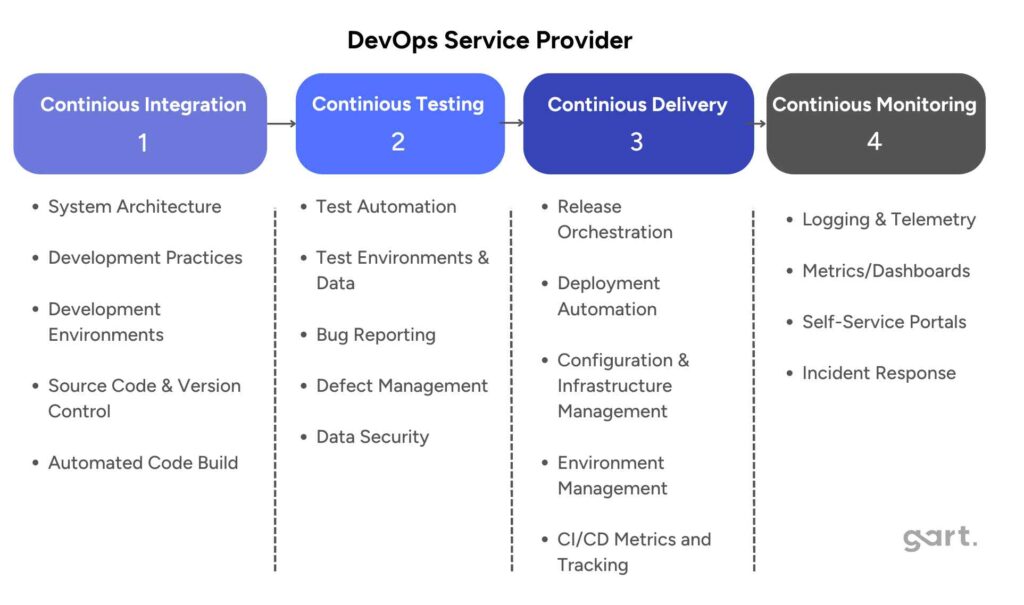
Conclusion
Managed IT services are essential — not optional, for modern healthcare. They ensure reliable, secure, and efficient IT operations, allowing healthcare teams to prioritize patient care.
By partnering with Gart Solutions, providers can confidently navigate modern healthcare’s complexities, enhance operational efficiency, and deploy technology safely and effectively.
5 Key Takeaways for Healthcare Providers Considering Managed IT Services
- IT Management Is a Strategic Requirement – Not a Luxury
Downtime and breaches cost far more than proactive IT investment. - Build Security & Compliance from Day One
GDPR, HIPAA, and HITECH compliance must be integrated, not retrofitted. - Proactive Monitoring Is Superior to Reactive Fixing
MSPs with 24/7 monitoring minimize disruptions and costly downtime. - Scalability Supports Innovation and Growth
Adaptable IT infrastructure helps practices expand without tech limitations. - Expert Partnerships Let You Focus on What Matters
With an experienced MSP like Gart Solutions, healthcare teams can devote their time to patient outcomes, not IT issues.

